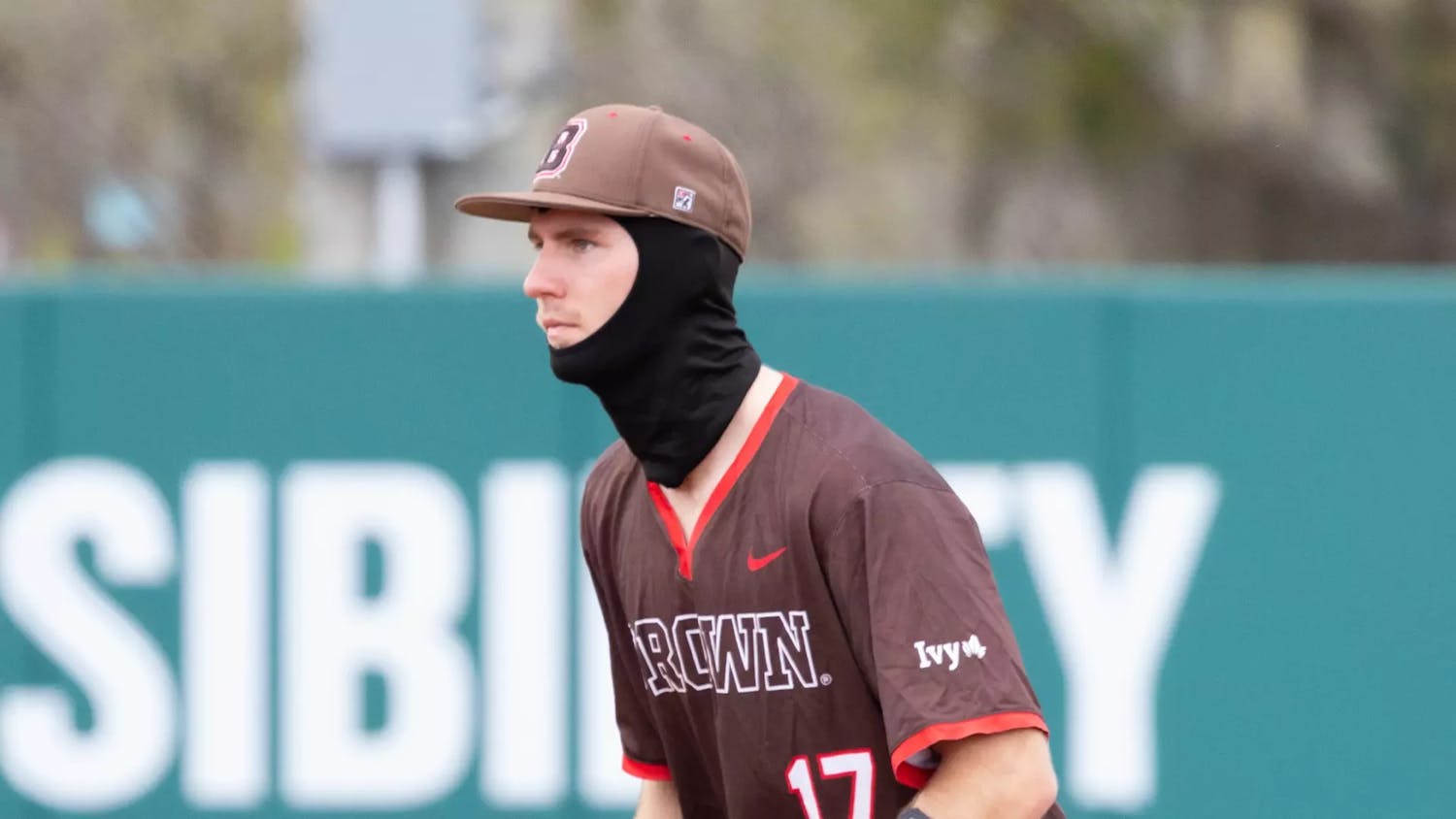Michael Vick was very angry as he sat in the post-game press conference following his team's loss to the Atlanta Falcons a month ago.
"Looking at the replays, I'm on the ground every time, and I'd be lying if I said I wasn't frustrated. The refs have got to do their jobs," Vick said. "And I don't know why I don't get the 15-yard flags like everybody else does."
I talked to several people after the game about their thoughts on Vick's complaints. There were words like "whiny," "soft" and "baby." The word that stood out to me, though, was "monster."
"That guy is a monster," I heard from an acquaintance. "Would you call a flag on the Predator if a defender came in late on him?"
The referees seemed to be hearing what America had to say. Outside of Philadelphia, Vick is a monster. And monsters don't get player rights.
The animosity for Vick stems from his revolting involvement in a dog-fighting ring, nicknamed "Bad Newz Kennels," that he financed and ran with several of his friends. Even if you don't watch football, you have probably heard about Vick's execution of dogs in a brutal fashion and the horrors that were discovered by first responders at his Virginia property. He's the millionaire who liked to watch dogs die.
Vick was sentenced to 23 months in jail — of which he served 19 — after his co-defendants agreed to testify against him. Vick had known the other men almost his whole life, as the group had grown up together in the poverty-stricken area of Newport News, Va. Their attorneys made clear when Vick and the other men went on trial that dogfighting was an accepted part of their environment growing up — if you could afford it.
Dog fighting isn't an illicit business that you just break into. You need a place to keep the dogs, train them, feed them, provide transportation and hold matches. However, if you are able to cover these start-up costs, you can make quite a bit of money gambling or winning matches with prize dogs.
Which makes me wonder why Michael Vick, with all his time dedicated to training, all the money he made in salary and all the endorsement money he had coming in, needed or even wanted a dog-fighting ring. For a man who had already had several brushes with the law concerning marijuana possession, it certainly was a risky way to provide entertainment for himself. It was also an incredibly elaborate form of passing the time for a man who could go to Disney World, a baseball game or a nightclub.
What would make a lot more sense is that Vick's four childhood friends asked him to finance and help out with a dog-fighting ring so they could make some money. But that's all just speculation about his attachment to those friends — the same friends that agreed to testify against him in order to get reduced sentences so the prosecutors could have their high-profile conviction in Vick. Not that they really needed it. After all, it was on his payroll and property.
Of course, Vick's old team, the Falcons, released him and demanded a refund on the money they had paid him for the remainder of his contract. All his endorsement deals were terminated. Also, it was estimated that he was spending about $30,000 a month at this point to support his children, mother and younger brother. It was no surprise that the creditors came for him. Suddenly, Michael Vick had to declare bankruptcy.
He tried to disperse the money he had remaining among his family and friends, but creditors laid claim to it. He began his jail sentence, and America was able to breathe easy for a year and half. The monster was finally in captivity.
Nineteen months later, when Vick was released from jail and signed by the Philadelphia Eagles to back up Donovan McNabb and Kevin Kolb, there was a moral outcry against the team. How could they let this man put on their uniform? The public's anger bubbled just under the surface, with fans booing and jeering him on the sidelines for over a year. Then McNabb got traded, and Kolb got hurt. Vick had his opening, and he took advantage of it.
He was sensational in the 2010-11 NFL season and led the Eagles to the playoffs almost single-handedly. His exceptional play earned him a massive six-year, $100 million contract extension, of which he sees only 33 cents of every dollar, with the rest being used to pay off creditors. That money is tightly regulated, but the bulk is spent on private school for his children and rent and utilities for himself. He sends what he can afford to his mother — usually half of what he himself keeps.
That's Michael Vick. A man who funded a brutal dog-fighting ring. A man who spent 19 months in prison. A man who went bankrupt.
A man who didn't give up and is now, once again, a successful NFL quarterback. A man who serves as spokesman for the Humane Society. A man who can't afford to donate money because he lost most of it in the bankruptcy and uses the rest to support his family.
In another part of Pennsylvania, Pittsburgh Steelers' quarterback Ben Roethlisberger faced rape allegations, accused of forcing himself on a 20-year-old woman. With no evidence and the accuser unwilling to face the intrusive rigors of the stand, the case was settled out of court. Roethlisberger received the slap-on-the-wrist punishment of a six-game suspension, and, in spite of that, he and his team went to the Super Bowl. He's also a millionaire.
Pennsylvania's and America's eyes remain locked on the monster in Philadelphia, however.
This monster doesn't wear Eagles' green, Falcons' red or even Steelers' yellow. He is instead shrouded in various shades of gray.
Sam Sheehan '12 has two dogs that are named after characters from Absolutely Fabulous and a Harry Potter house-elf. He loves them both. Talk sports with him at sam_sheehan@brown.edu or follow him on Twitter @Sam Sheehan.




